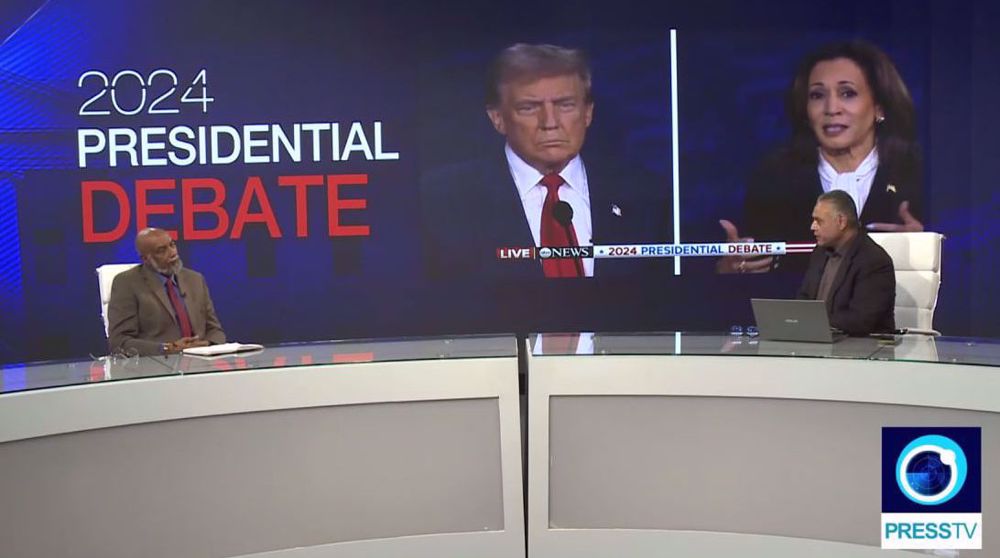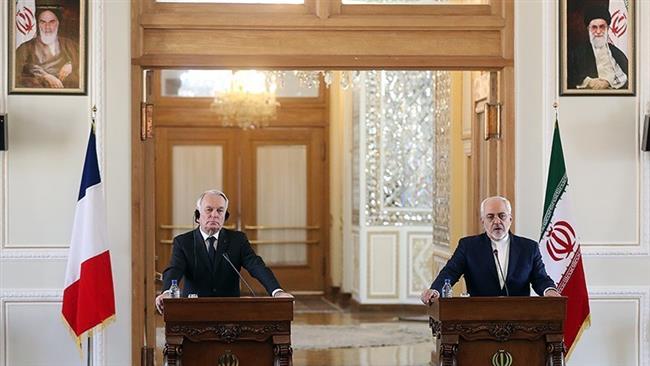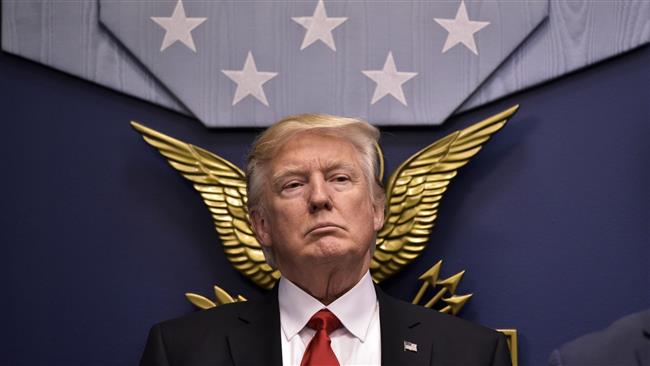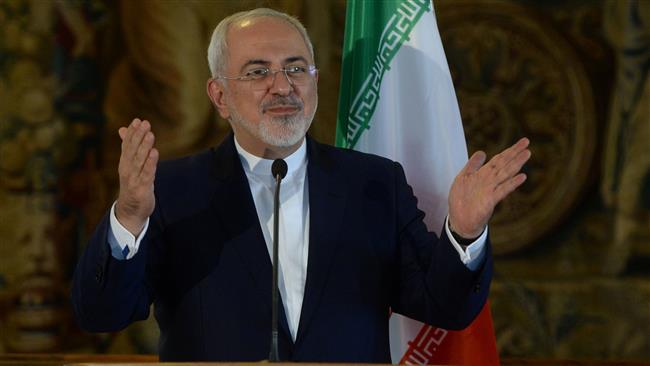US uses missile program as pretext to mount pressure on Iran: Scholar
Iranian Foreign Minister Mohammad Javad Zarif has warned the United States to avoid turning the issue of Iran’s missile program into a pretext for political games. In response to America’s recent allegation that Iran has carried out a missile test, Zarif noted that the issue of ballistic missile tests falls outside the framework of the UN Security Council’s Resolution 2231, which was adopted on July 20, 2015 to endorse a nuclear deal between Iran and six world powers.
The United States raises issues like Iran’s missile program to continue its policy of putting increasing pressures on the Islamic Republic, said Seyyed Mostafa Khoshcheshm, a journalist and political analyst.
“No matter that the United States [is] under the Obama administration or President Donald Trump, there is a line of policy and that’s keeping the pressure intact on Iran and increasing the risk ratio for Iran’s economic market,” Khoshcheshm said on Tuesday.
The United States wants to “keep the structure of the sanctions against Iran almost intact in order to affect or block the growth of its missile industry,” he argued.
According to the analyst, there is no difference between the two administrations of former President Barack Obama and the incumbent President Donald Trump with respect to putting pressure on Iran.
The Islamic Republic has emphasized in several occasions that the Iranian people do not need to wait for anyone’s permission to improve their own defense capabilities, the scholar said.
Khoshcheshm added that no country’s deterrence and defense power is “open to compromise” or any deal or negotiation, especially a country that is under constant threat of the United States and Israel.
Pointing to the nuclear deal, he said that there are multiple reasons why the nuclear deal is in no way related to Iran’s missile power, because the language used in Resolution 2231 indicates that it is not binding for Iran to avoid missile tests.
Hezbollah strikes Israeli military base near Tel Aviv
Palestinian media rights group condemns killing of two journalists by Israel
VIDEO | A Tale of Bombs, Blame, and Bedtime Stories
Nov. 1: ‘Axis of Resistance’ operations against Israeli occupation
Brazilian journo fined, ordered to delete posts over criticizing Gaza onslaught
IRGC: Israeli regime incapable of calculating Iran’s decisive response
Russia rejects 'baseless' US claims of producing fake vote videos
Ambassador: Japan studying recognition of State of Palestine














 This makes it easy to access the Press TV website
This makes it easy to access the Press TV website